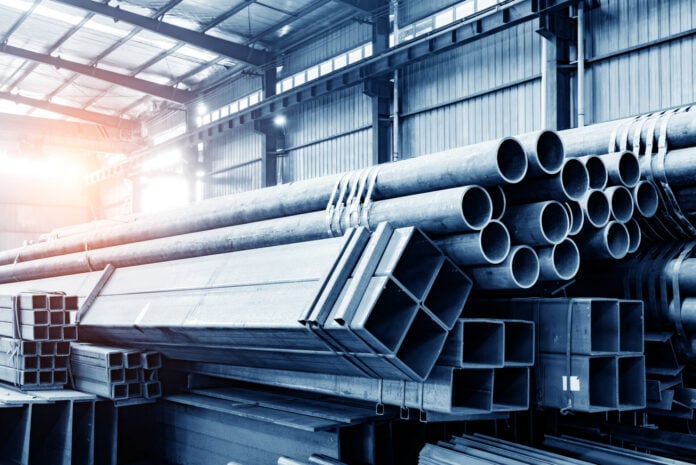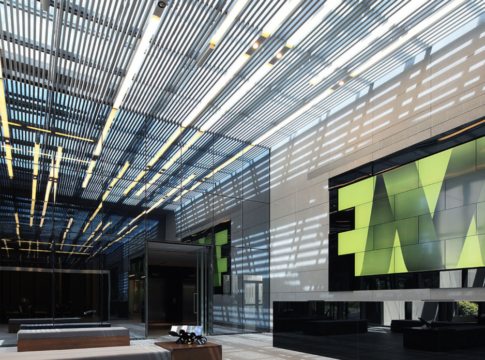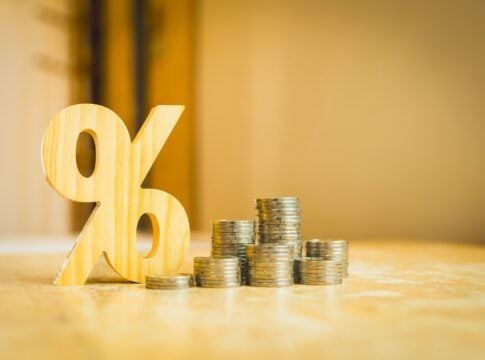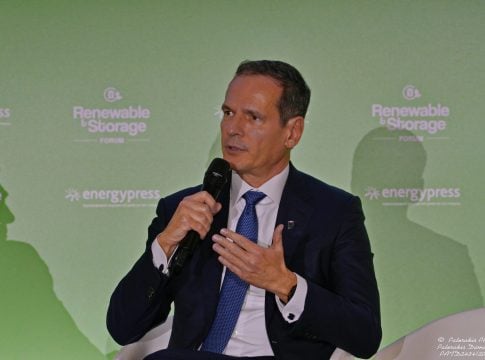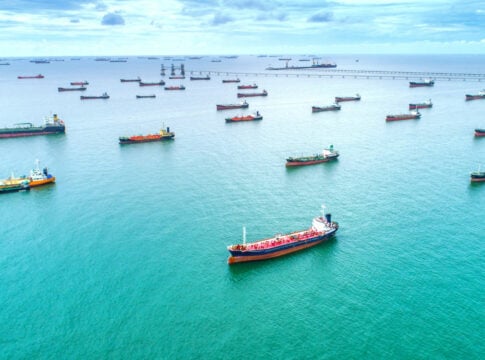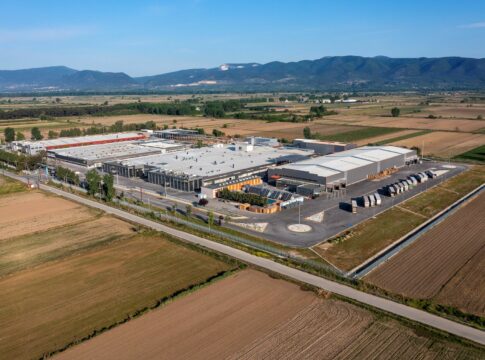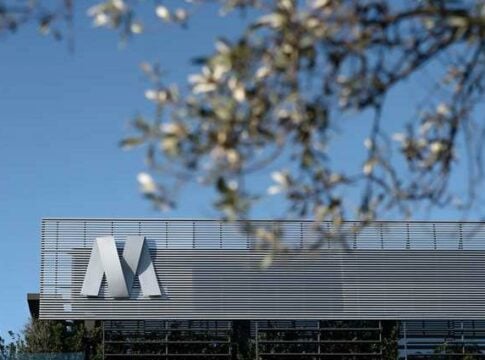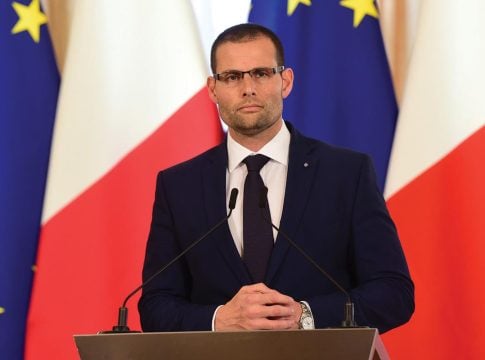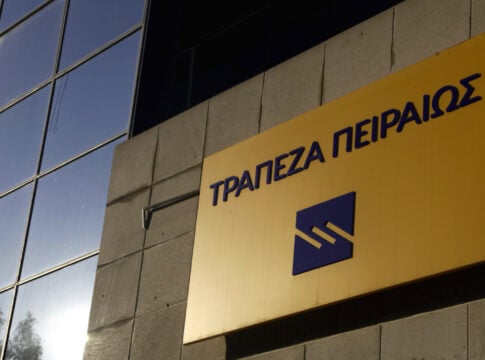Major infrastructure projects and especially large energy projects are boosting exports of the metals sector to European and Middle Eastern markets, as highlighted by a recent study by the National Bank of Greece.
According to researchers, metals are a long-term support for Greek exports. However, volatility is strong, mainly due to individual orders.
Focusing on the high performance recorded by metals in the second half of 2024 (July-October 2024 +17% in deflated terms), analysts emphasized that it is mainly due to individual orders and secondarily it is a reaction to the pressure that the sector has received in the previous period (-7% annually in 2023-2024 H1).
Specifically, while aluminum and copper usually lead the way (about ⅗ of the sector’s exports over the last 5 years), now ¾ of the increase has come from steel pipes (mainly destined for the Middle East). Given that these steel products are usually used in energy infrastructure projects, they tend not to have stable export relationships in individual markets, making them vulnerable to international conditions and highly volatile in performance.
However, despite their strong volatility, metals – a crucial pillar of Greek exports over the last 20 years, with a share of 17% – are following an upward trend. This momentum has proven sufficient to strengthen their already high share in the EU (1% in 2024 compared to 0.8% in 2010 and 0.5% for other products).
The prospects for the sector in the medium term are extremely positive, as Greece has reserves of metals of strategic importance for the EU, the exploitation of which could contribute to reducing dependence on countries such as China, Russia and Malaysia, which currently cover 94% of its imports.


